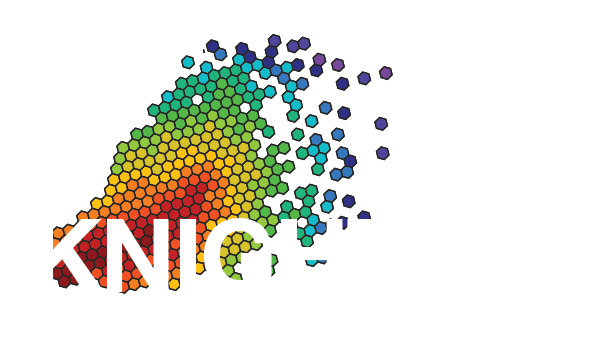The gut microbiome, a vast assortment of bacteria and other microorganisms that inhabit our digestive system, plays a critical role in converting food into energy. Many of these microbes follow rhythmic cycles of activity throughout the day. However, high-fat diets and other factors can disrupt these rhythms and contribute to metabolic disease.
A new study by researchers at University of California San Diego and their colleagues used time-restricted feeding (TRF), an intervention that limits dietary intake to a short time window each day, to restore microbial rhythms in mice fed a high-fat diet. By analyzing daily fluctuations in microbial gene expression, they identified a specific enzyme — a bile salt hydrolase (BSH) — that appears to play a role in protecting metabolic health.
They then engineered the bsh gene into a harmless gut bacterium and found that mice given this modified microbe had less body fat, better insulin sensitivity and improved glucose control, thereby mimicking the effects of time-restricted feeding. The findings could contribute to the development of targeted therapies for obesity, diabetes and other metabolic conditions in humans. The study was published in Cell Host & Microbe on June 18, 2025.
To explore how TRF affects microbial function, the researchers used a technique called metatranscriptomics, which measures real-time gene expression in gut bacteria. Because TRF changes the timing of food intake, the team hypothesized that it would drive time-sensitive shifts in microbial activity that conventional methods can’t capture. To test this, they studied gut microbiome function in three groups of mice: one fed a high-fat diet under TRF (eight hours per day), one fed the same diet with food available all day long, and a control group fed a standard diet with unrestricted access.
Read full article
Additional co-authors on the study include: Nicole Siguenza, Wuling Zhong, Amulya Lingaraju, R. Alexander Richter, Smruthi Karthikeyan, April L. Lukowski, Ipsita Mohanty, Wilhan D.G. Nunes, Jasmine Zemlin, Zhenjiang Zech Xu, Jeff Hasty, Pieter C. Dorrestein and Rob Knight at UC San Diego; Satchidananda Panda at the Salk Institute for Biological Studies; and Qiyun Zhu at Arizona State University.



